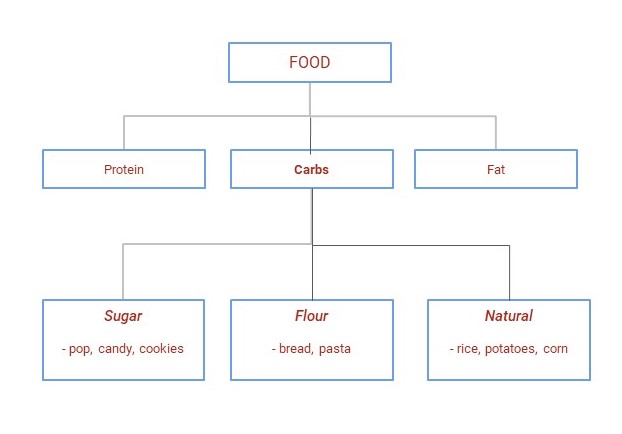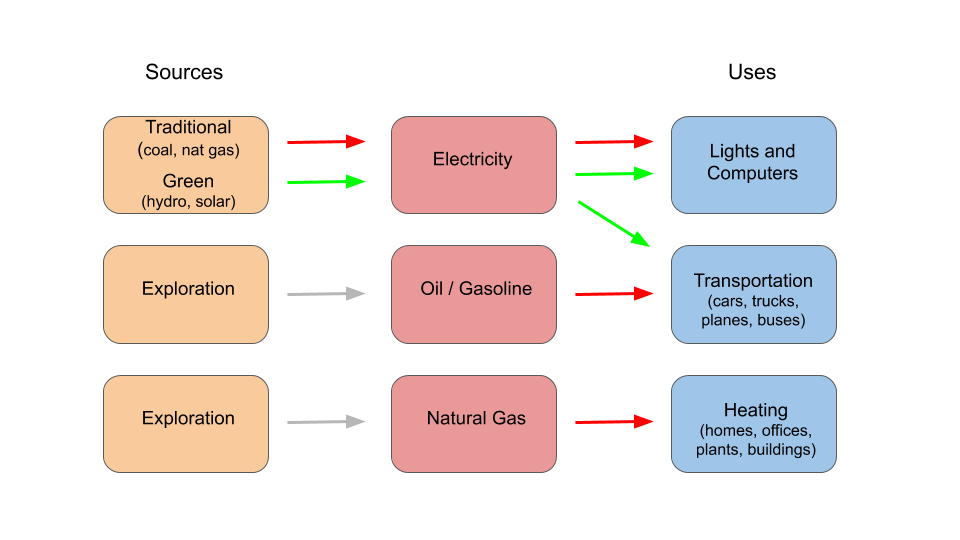There isn’t a person in Canada who doesn’t have an opinion on Don Cherry. Some like him, some not. I do. Not because he knew so much about the game or dressed a little funny, but because his character was reminiscent of the past. For years, hockey watchers turned up the volume whenever loudmouth came on the air, even if they didn’t like the guy. Why? Because he had something to say. And that’s what I’ll miss.
Having grown up in a mostly immigrant family, I’ve never been offended by anyone’s speech. Oversimplifications and speaking your mind were always in vogue because we didn’t know any other way. We weren’t fancy people who knew how to mind their p’s and q’s. So in light of Don’s dismissal, I’d like to make two points: one on immigrants and another about free speech.
Russell Peters
A basic rule in comedy is you can’t pick on the weak. Audiences don’t like it and it’s technically a cheap way to get a laugh. Women, immigrants, and the disabled were off limits unless you did it perfectly. You could easily talk about masturbation and getting stoned every day, but stay away from anything controversial. That was until Russell.
Russell Peters opened the door to talking about immigrants and coined the Canadian version of the term, white people. For years he struggled until one day he struck. His brand of immigrant-based humour exploded and Russell went on to perform all over the world. But how? What happened? What changed?
What changed is that people from Asia no longer considered themselves weak. That’s why they showed up in droves to laugh at themselves. And white people couldn’t get over it. They didn’t understand how you could joke about idiosyncrasies without being condescending. And that a poke at obscure habits was just silly fun. It blew them away.
Enter the new world, all immigrants are not weak. And the immigrant community, namely brown people from Mississauga, could have handled these remarks without any help from you. As a matter of fact, it’s disrespectful to insinuate people from India and Pakistan don’t have the ability to fight their own fight. They don’t need white people for protection. (For example, one councillor from Brampton openly tweeted against the remarks but didn’t feel Cherry should have been fired. He wanted another go at him—like the time Don ended up wearing a tutu.)
Rednecks
Over the past 30 years, this man could have been fired for numerous causes. These comments over wearing a poppy are the least of his offenses. He’s called out French Canadian players along with the Swedes for, shall we say, their hockey habits. But years later he called Vincent Lecavalier along with Jerome Iginla the top two players in the world. And more recently says Frederik Andersen is the best goalie in the league. (Of course, Frederik is from Sweden.)
Now did Don make these statements out of political correctness or did his new views come from prolonged observation just like any other redneck. I say personal experience, which is another reason why this should have been left alone. When we quelch certain fires too soon they don’t get a chance to naturally burn out. And that’s how most rednecks learn. Time, conversation, and then cultural osmosis.
We ended this conversation early, which was a mistake because it would have been a beauty.
Summary
The action by Sportsnet was premature and not in a million years would I have done it. They knew full well what he was before signing and this incident didn’t break the camel’s back. He’s done worse and if you listen to the whole tape, this was kinda minor—not racist. They could have exited him gracefully. At the end of his contract, which should have been signed annually.
But I’m not worried about Don. He’ll be fine. (Lost, but fine.) I’m worried about me. I often blurt out nonsense without thinking. Then someone pushes back and I reconsider my thoughts. It’s a natural way of learning. You empty your garbage from time-to-time just to reload. “Oh, but you’re not on TV.” Yes I am. We all are. Every text, Facebook, and twit is being recorded and can be used against you. And if people decide to make it an unforgiving world, I’m susceptible to losing my reputation just like everyone else.
That is, unless white people are there to protect me.

